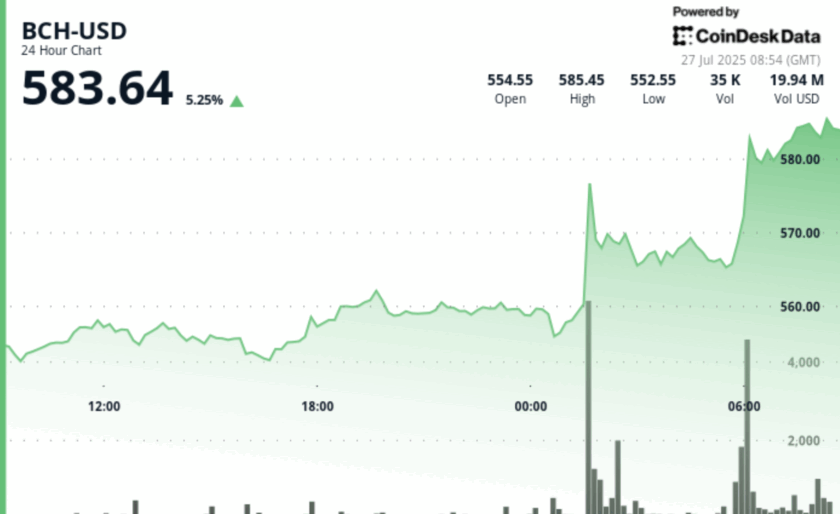Bitcoin sidechain developer RSK is revamping how users swap bitcoin for its network’s tokenized version of the cryptocurrency.
IOVlabs, the company that develops the RSK platform, has created a new system for monitoring how bitcoin is “pegged to” (or, swapped for) RBTC, a token that represents a 1-1 peg to real bitcoin. RBTC is the native coin on the RSK sidechain – a Bitcoin scaling solution that uses a blockchain-like network that sacrifices decentralization in favor of faster transaction speeds.
Before this change, RSK users would send bitcoin to a multi-signature wallet address – a wallet controlled by 12 different parties. The “signatories” for this wallet would then approve the transaction and transfer the proportional RBTC to the user’s RSK wallet.
The new system, dubbed Powpeg, will supplant these with an automated process, and most of the 12 signatories will now act as “pegnatories,” a group of validators who will monitor the RSK multi-signature wallet and the minting of RBTC to protect against wrongdoing.
Unlike the previous design, Powpeg automates the final step of the RBTC minting process. Now when users send bitcoin to the multi-sig wallet, they generate a proof of that transaction and then send this proof to “special-purpose hardware security modules called PowHSMs,” according to an IOVlabs press release. Once these modules receive the proof, they distribute the RBTC to the corresponding user.
In the event the user does not reveal the proof, the pegnatories will provide the proof, but they do not manually sign off on the transaction; that’s the PowHSM’s job, which also stores the individual private keys for each signatory.
RSK co-founder and IOVlabs Chief Innovation Officer Sergio Lerner told CoinDesk that miners, exchanges and mining pools will make up the first round of pegnatories. He also expects that the number of pegnatories “probably will grow in size in the months to come” since the “security risks associated with adding pegnatories are much lower than [signatories] in a federation.”
IOVlabs says the design change was made to decentralize the pegging process for RSK and minimize the trust involved between the pegnatories and the users.
The Powpeg redesign comes on the heels of IOVlab’s efforts to bring the utility of Ethereum’s DeFi apps to Bitcoin’s ecosystem. The RSK sidechain features a number of DeFi-like services, including the MakerDAO-like stablecoin platform Money on Chain and Sovryn, a Bitcoin lending and derivatives market.




